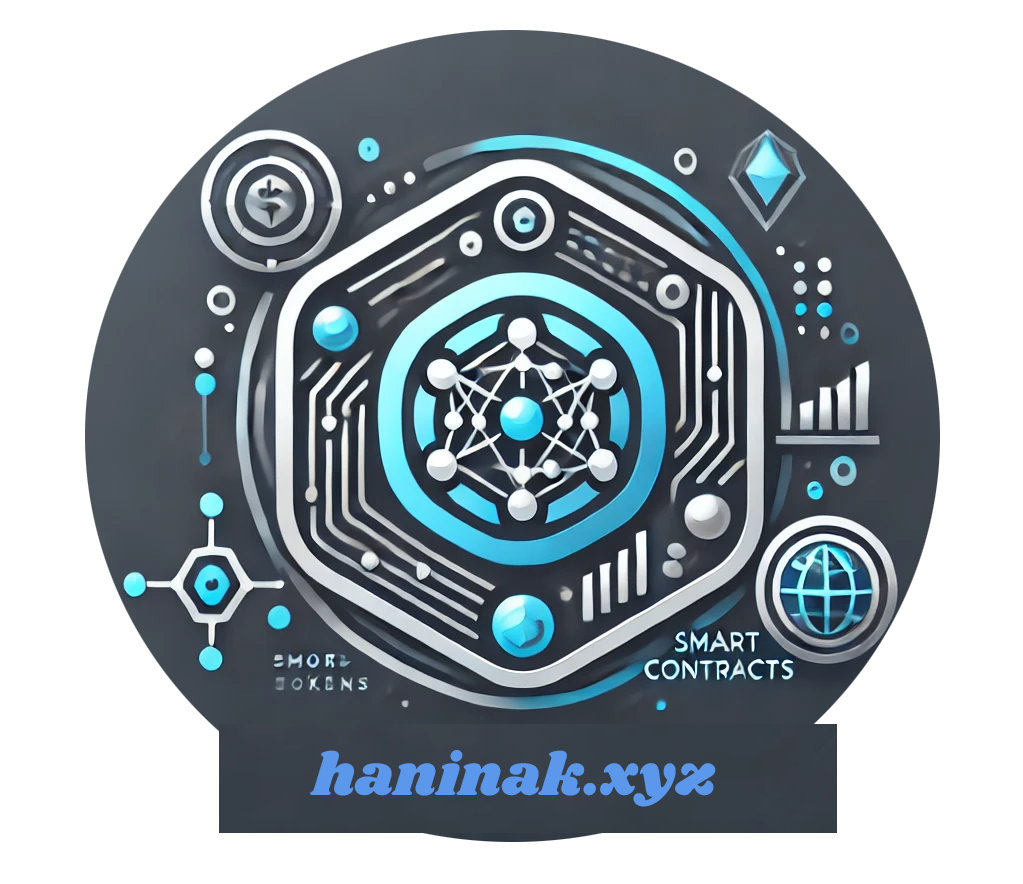How can Tokens be transferred between digital wallets?
Digital wallets are becoming the top choice for payments worldwide. By 2026, they will reach 5.2 billion users, making up 60% of the global population. They offer better security and a smoother experience for everyone, thanks to tokenization. Tokenization is crucial for digital wallets. It keeps sensitive card info safe by swapping it with unique…










